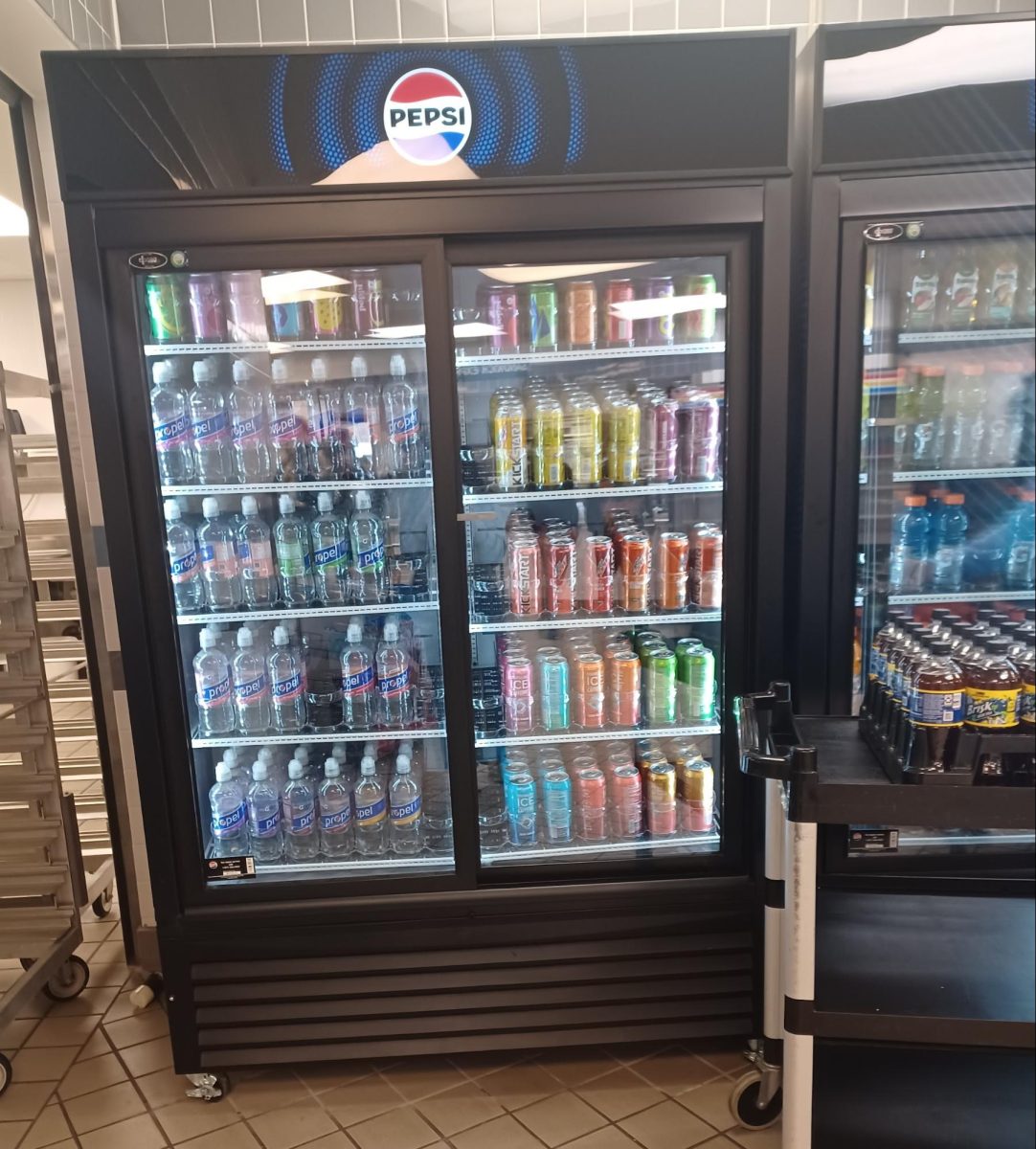BY Nick Philips and Tyler Keenum, Editors
Do you chase money or chase your dreams?
Senior Allison Tate has chosen what she would like to do for her future career path. Though her future occupation, art, doesn’t pay much, it’s happiness not money, she’s chasing.
“There’s lots of money in the world to be made, but you have to do things that will make you happy. You shouldn’t do something for four years if you hate it,” Tate said.
Many students face the same dilemma as Tate: money can’t always buy happiness, but just because something makes you happy doesn’t mean it will pay the bills, either.
The questions students ask themselves are crucial: is going to a state college over a community college really worth paying extra? Should a major in college be based off personal happiness or one that will make the most money?
It’s a question that has become more important in an age of recessions and college debt.
Getting a job straight out of college is far from a guarantee. Over a year later, just 56 percent of 2010 college graduates had found a job, according to the John J. Heldrich Center for Workforce Development at Rutgers University, and 2011 graduates are not faring better.
Even among those who found jobs, starting salaries have been declining—the average new college graduate made just $27,000 last year, a 10 percent drop—and many more have struggled to find jobs.
Many recent graduates have taken any job they could find, even if it was not their dream job.
“You have to be able to survive out there. It’s scary. You can still do things on the side to fulfill those [personal] interests. Pursue your dreams so you can move into your dream job someday. I say never give up,” school counselor Andrew Franklin said.
School psychology teacher Mark Meyer believes many people sacrifice some happiness in order to make enough money.
“In the end, unfortunately, most people take jobs that they can get to help pay the bills,” Meyer said.
U.S. Labor Department statistics showed that certain majors were more likely than others to find a job in this recession: students who majored in engineering, education and medical fields were most likely to be employed, while those who had majored in fields like humanities and Latin American studies were least likely to.
Data from PayScale also showed that different majors led to different starting salaries, with engineering and mathematics leading the list. Elementary education, social work and culinary arts had some of the lowest starting salaries.
Those who graduate from a four-year college also typically make more money than community college graduates, according to Payscale, and those with master’s degrees make more. But while education gives you a faster start, many factors, like performance and seniority, can change who’s making more money mid-career.
Franklin said that about 70 percent of Kaneland students heading to college plan on majoring in something they want to do, not just something that they believe will pay well. He said students feel that doing something that they personally chose “empowers them.”
Senior Megan Scott is part of that 70 percent. Her future plans are to go to either Waubonsee or Iowa University and major in psychology.
“[I would pick happiness over money] because I don’t want to be doing something that I hate for the rest of my life just to make more money,” Scott said. “Happiness is way more important to me.”
Reaching that dream job can be difficult, but it’s worth it, school psychologist John Markovich said. He said it’s important to choose a career that is purposeful.
“Most people lean towards their strengths because it’s very rewarding to them sometimes, and they get to feel like there is a purpose,” Markovich said.
That’s why despite the low pay, educators are among the happiest workers, according to a 2010 study by the University of Chicago. The study found that the happiest jobs were those where people had social interaction and felt like they were helping people, such as firefighters and teachers. Jobs with more freedom also led to happiness, such as authors and operating engineers.
Can someone ever have complete personal satisfaction and be truly happy? “There’s no real meter. If you’re happy with what you do, then you’re truly happy,” Markovich said.








